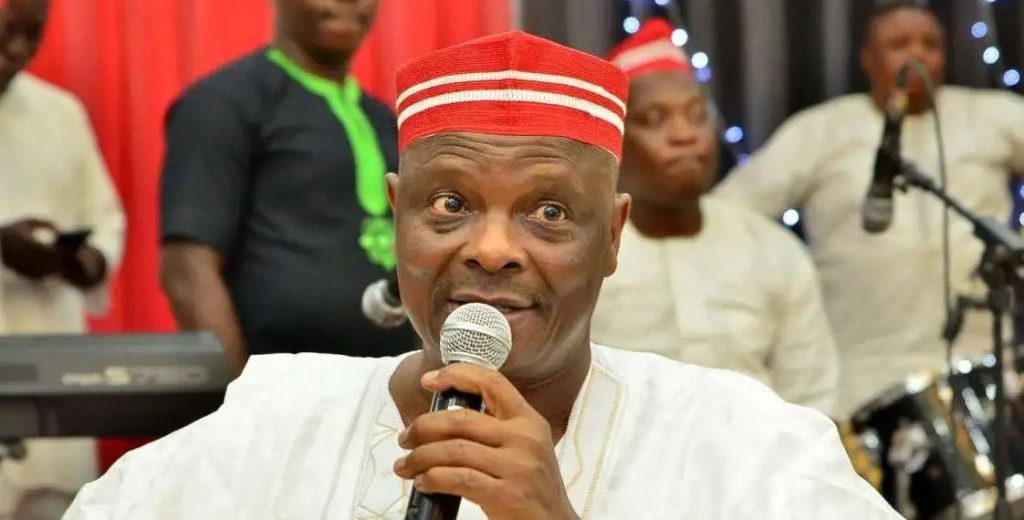Senator Rabi’u Kwankwaso, the former Governor of Kano State and prominent figurehead of the Kwankwasiyya movement, has strongly condemned the defection of several key members of the New Nigeria Peoples Party (NNPP) in Kano State to the All Progressives Congress (APC). His words, delivered at his Miller Road residence in Kano, characterized their departure as a profound act of betrayal against both the movement and the party. Kwankwaso’s address came as he received hundreds of supporters from Takai Local Government who remained loyal to the NNPP, refusing to follow the wave of defections.
The context of this political drama is rooted in the recent defection of Senator Abdulrahman Kawu, the representative of Kano South Senatorial District, alongside other federal lawmakers from Kano. Although Kwankwaso refrained from explicitly naming the defectors, his message was clear and resonant. He alluded to the Kano South election, framing it as a victory for the people against inducements. He argued that the voters rejected material offerings, choosing instead to cast their votes for the NNPP, demonstrating their faith in the party’s principles. However, according to Kwankwaso, those elected officials subsequently abandoned the very people who placed their trust in them, choosing personal gain over the welfare of their constituents.
Kwankwaso’s address emphasizes the gravity of the defectors’ actions, highlighting the contrast between the public trust placed in them and their subsequent decision to align with a party he claims prioritizes self-interest over the needs of the populace. He characterized leaving the NNPP, the party that provided them with the platform for their political success, as the ultimate political transgression. His words served as a stark reminder of the responsibility elected officials hold towards their constituents and the importance of loyalty to the principles that underpinned their election. He positioned the defection as a betrayal not only of the NNPP but also of the trust invested in them by the voters of Kano South.
The former governor extended his admonition beyond the immediate defectors, warning the youth against aligning with politicians who prioritize personal gain over the well-being of their constituencies. He lauded the steadfast loyalty of the supporters who remained with the NNPP, recognizing their decision to resist the allure of the APC. Kwankwaso assured them that those who betrayed the Kwankwasiyya movement would ultimately face repercussions for their actions. His statement carries the weight of a seasoned political strategist, suggesting a long-term view of the political landscape and hinting at future political maneuvers to address the fallout of the defections.
The importance of the gathering was further underlined by the presence of other key figures in the Kwankwasiyya movement. Senator Rufai Sani Hanga, representing Kano Central, offered his support, reaffirming the strength and unity of those who remained loyal to the cause. Former Commissioner of Religious Affairs, Falali, and the chairman of Takai local government, Ibrahim Faruruwa, also attended, highlighting the broad base of support Kwankwaso retains within the region. Their presence signals the continued relevance of the Kwankwasiyya movement in Kano politics, despite the recent defections.
In summary, Senator Kwankwaso’s response to the recent defections from the NNPP to the APC casts the event as a critical juncture in Kano politics. He denounces the departed members as betrayers of the people’s trust, while simultaneously affirming the continued strength and resolve of the Kwankwasiyya movement. His words serve as a rallying cry for his supporters, emphasizing loyalty and commitment to the ideals of the movement. The presence of other prominent figures indicates the continued influence of Kwankwaso and his movement within the state, setting the stage for what promises to be a dynamic and contested political landscape in the future. This event underscores the ongoing power struggle within Kano’s political arena and positions Kwankwaso as a central figure in the continuing narrative.














